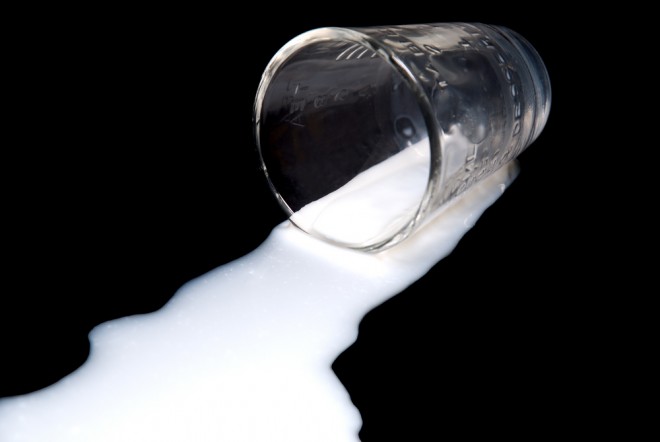 Why did the carrot slap the lettuce? Because it was too fresh.
Why did the carrot slap the lettuce? Because it was too fresh.
A joke that gains huge laughs in the single-digit age group gets a bit more foreboding when applied to grown-up concepts like world hunger and food security. An unprecedented amount of perishable food items are wasted every day in first-world cities. Now a new study by the Dubai Municipality Food Control Department shows that the modern Middle East is picking up those same bad habits, with most consumers in the United Arab Emirates (UAE) so obsessed about food freshness that they won’t buy products approaching their sell-by date.
“You go to the supermarket and take the milk bottle. You see it was not produced today, but yesterday. You don’t want to go for that bottle which will be good for another three days. You buy only the milk produced today,” Bashir Hassan Yousif, the senior food safety expert at Dubai Municipality Food Control Department told Khaleej Times.
Yousif said the practice is so common with consumers, it forces companies to pull products off the shelves early, despite being safe to consume and well within their expiry times.
Dr. Ahmed El Tigani, general manager of dairy group Al Rawabi, said milk and bread are the items most commonly wasted. According to El Tigani, about 4 percent of the estimated 800,000 liters of fresh milk produced daily in the UAE (up to 32,000 liters) is wasted because customers will not buy milk produced more than two days ago.
“Although the milk’s shelf life is four or five days, we take back the product after two days. We know the consumers will not buy it after two days so we take it back and dump it,” he said. Food manufacturers are then forced to discard the unsold products in landfills as municipal waste.
Environmentally, and economically, we should cry over spilled milk.
The wastage is attributable to UAE consumer lack of understanding about shelf life rules and obsession with product ‘freshness’. Officials warn that this behavior will result in price hikes to equalize market profits in light of wastage. Currently, the larger supermarkets earmark up to six per cent of their budget to compensate for unsold products.
Asked why the fresh milk can’t be donated or sold at cheaper rates to poor workers, El Tigani said manufacturers could not be certain that proper food storage standards were met in all cases, which directly affects the quality and safety of the product, so local laws prohibited resale or donation to a secondary consumer market.
Yousif added, “Nobody thinks about the water needed for food products produced here. It is high time we thought of the indirect way food wastage can affect the food security and environment of the country.”
Image of spilled milk from Shutterstock

Those former dessert dwellers do not deserve the riches they have.